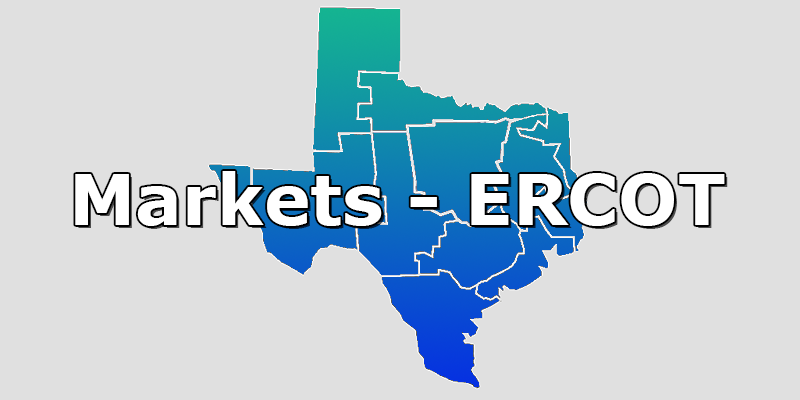
On January 30, 2024, the Texas Supreme Court heard oral arguments in a ground-breaking case related to Winter Storm Uri. At the heart of the case is the question of whether the Texas PUC had the authority to manually set the ERCOT rates paid by electricity suppliers to $9,000 per MWh during the four days of Winter Storm Uri. Attorneys representing the PUC (supported by attorneys representing numerous energy companies, including NRG, Calpine, and Talen Energy) stated that this action was necessary to avoid a weeks-long blackout for much of the state. In response, attorneys for numerous energy companies suffering losses as a result (including Luminant and Pattern Energy) argue that the PUC acted outside of the authority granted by the Texas legislature in taking such action. The Texas Third Circuit Court of Appeals in Austin previously ruled against the PUC in March, and the PUC appealed to the Texas Supreme Court.
Attorneys for the energy companies suffering losses argued that the Public Utility Regulatory Act does not give the PUC the authority to manually set prices, which ERCOT otherwise sets through a competitive process involving location and resource-specific bids. Instead, the legislative authority granted to the PUC required competitive pricing, even at the expense of grid reliability, according to these parties. Attorneys for these parties noted that administrative agencies must follow the law, even in times of emergency, and that the PUC did not even follow established emergency rule-making procedures.
In response, attorneys for the PUC argued that the PUC must weigh multiple priorities, including preserving competition and ensuring the reliability of the grid. As a result of the unusual circumstances surrounding Winter Storm Uri, focusing solely on competitive pricing would have resulted in a collapse of the power grid that would have taken weeks to fix, according to the PUC. Setting ERCOT pricing at this level was necessary to avoid this catastrophic blackout. The PUC also argued that the extreme circumstances related to this storm affected ERCOT’s pricing mechanism in a manner that underpriced power, causing the market to underestimate energy scarcity. According to the PUC, manually setting pricing to the market cap of $9000 per MWh was a necessary step and reflected the competitive rate that was appropriate given the extreme imbalance between electricity supply and demand during the storm.
The decision of the Texas Supreme Court will directly determine the extent to which the PUC can manually set ERCOT prices, which has far-reaching implications for Texas energy suppliers otherwise subject to market-based pricing. While the questions from several Supreme Court Justices framed the PUC’s actions in the context of emergency circumstances, a decision in favor of the PUC may call into question the market-based system otherwise used in Texas. Conversely, a decision in favor of the plaintiff energy companies would call into question the ability of ERCOT to take emergency action to protect the power grid. In addition, a decision in favor of the plaintiffs would require a massive effort to reprice billions of dollars of energy transactions taking place during the four days of Winter Storm Uri, based on hypothetical situations involving thousands of market participants. It is not clear at this time how such a re-pricing would be accomplished, and it seems almost certain that this would result in further litigation among the state’s energy companies.
It is also unclear how customers of Texas electricity providers, many of whom were on floating-rate electricity contracts and faced massive electricity bills related to the winter storm, would participate in such re-pricing. If a re-pricing is implemented, ERCOT will need to address both wholesale and retail overpayments, and disputes between retail customers and their electricity suppliers seem certain.


